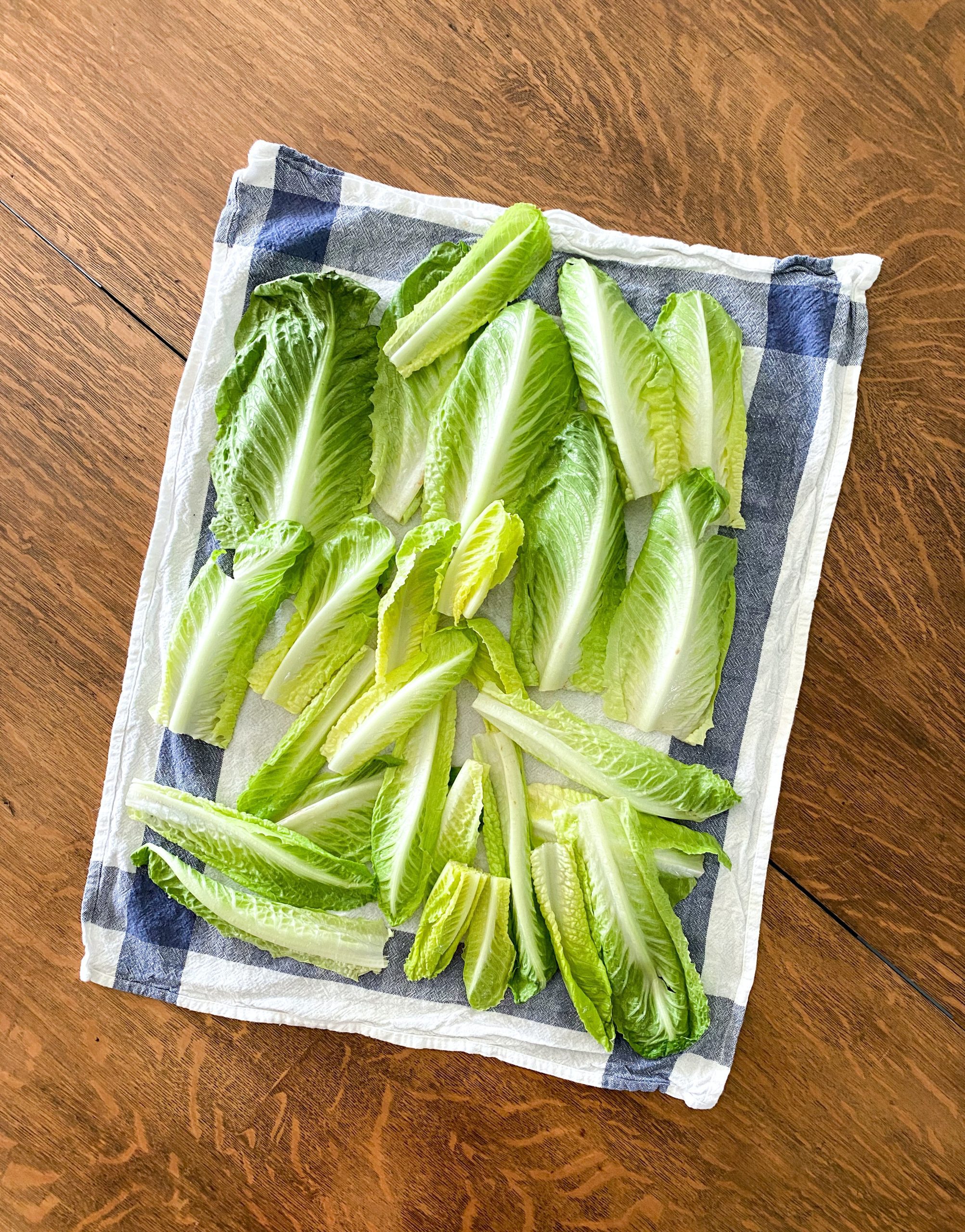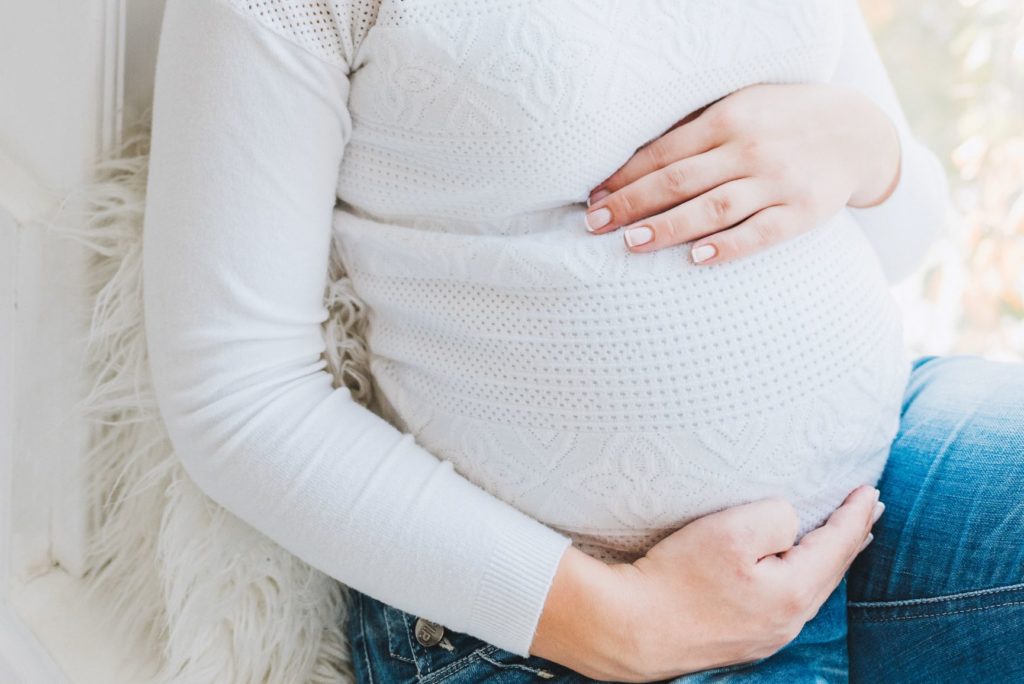
Welcome to Week 36 of pregnancy! As you approach the final stretch, let’s explore the latest developments, offer insights to enhance your well-being, and ensure you remain well-informed and engaged. In this guide tailored for our UK moms-to-be, we’ll delve into the size of your blossoming baby, highlight specific symptoms, and provide essential tips for this crucial week.
Baby’s size and development at Week 36
At Week 36, your baby has reached the size of a romaine lettuce, measuring approximately 18.7 inches (47.4 cm) and weighing around 2.4 kg. This marks a period of readiness, with your little one’s organs fully developed and their body gaining the necessary fat stores for temperature regulation after birth.
Symptoms you might experience during Week 36
- Braxton Hicks contractions: These practice contractions may become more intense. While typically not painful, if you experience regular and increasingly intense contractions, contact your healthcare provider.
- Shortness of breath: As your baby settles into your pelvis, you may experience increased pressure on your diaphragm, leading to occasional shortness of breath. Adjusting your posture and taking breaks can help manage this symptom.
- Increased urination: The pressure on your bladder may persist, leading to more frequent trips to the bathroom. Empty your bladder and avoid consuming large amounts of fluids close to bedtime.
- Lowering bump: Your baby’s head might get engaged starting this week, and you might feel it moving down your pelvis, in preparation for birth.
Tips to make your life easier at 36 weeks pregnant
- Pack your hospital bag: Ensure your hospital bag is packed with essentials for both you and your baby. Include comfortable clothing, toiletries, important documents, and items for your baby’s first days. Having this ready reduces stress as your due date approaches.
- Practice Breathing Exercises: Engage in deep breathing exercises to prepare for labour and delivery. Controlled breathing can help manage stress and anxiety and provide a valuable tool during the birthing process.
- Continue monitoring movements: Continue monitoring your baby’s movements, noting any changes in pattern. If you notice a significant decrease in movement, contact your healthcare provider.
- Stay connected with your midwife: Regular prenatal check-ups remain crucial. Discuss any concerns or questions with your healthcare provider, ensuring you have the information and support needed as you enter the final weeks of pregnancy.
Looking ahead
As you embrace Week 36 of pregnancy, approach the final weeks with confidence and anticipation. Your baby’s development is reaching its pinnacle, and you’re actively preparing for the approaching weeks. Stay engaged with your changing body, nurture your well-being, and anticipate the upcoming stages filled with more exciting developments and cherished moments in your pregnancy journey.



